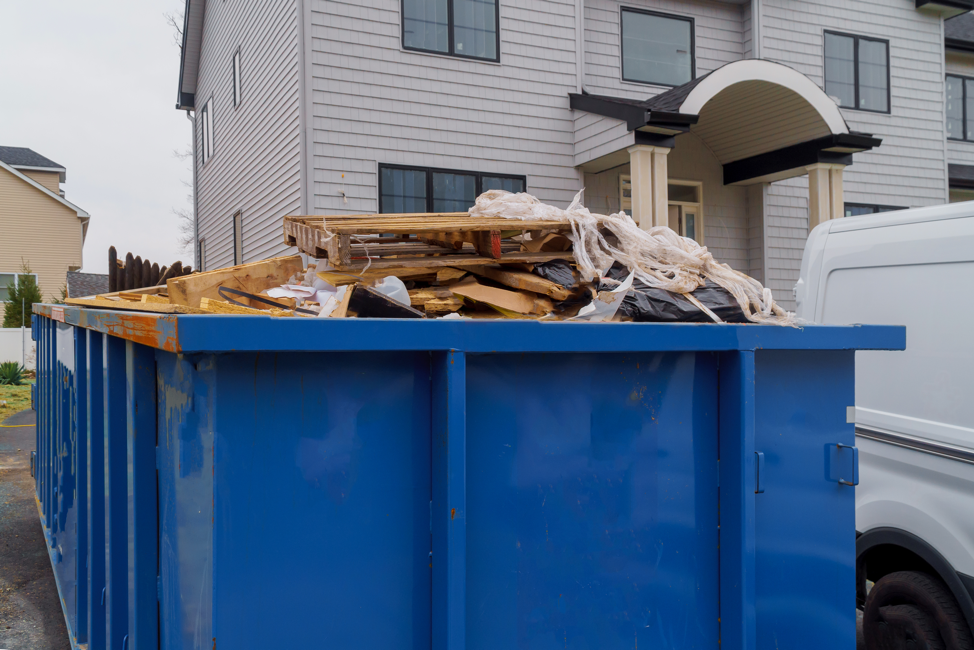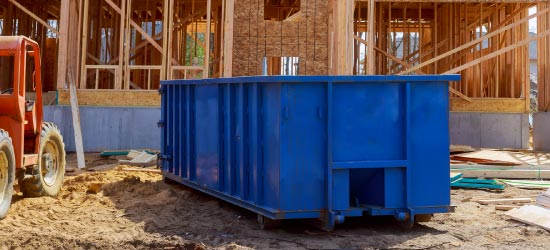What Wastes Are Allowed to Go Into Construction Dumpsters?

April 23, 2023
What Wastes Are Allowed to Go Into Construction Dumpsters?
Construction dumpsters play a vital role in managing waste generated at construction sites. Proper waste disposal is crucial to ensure safety and maintain the environment’s cleanliness. Construction waste comes in various forms, and it is essential to know which wastes can go into construction dumpsters and which cannot.

Types of Construction Waste
Construction waste can be categorized into different types, such as hazardous waste, non-hazardous waste, and recyclable waste. Hazardous waste includes chemicals, solvents, asbestos, and other materials that can pose a risk to human health and the environment. Non-hazardous waste includes items such as wood, brick, metal, and drywall. Recyclable waste includes materials that can be recycled, such as plastics, glass, and paper.
Also Read: Benefits of Renting a Dumpster Before Moving Out?
What Is Allowed in Construction Dumpsters?
Construction dumpsters are designed to handle non-hazardous waste. These dumpsters are usually used for disposing of materials such as concrete, asphalt, brick, drywall, metal, and wood. These materials are non-toxic and do not pose any risk to the environment or human health. Dumpsters designated for hazardous waste disposal require specialized handling and are subject to strict regulations.
What Is Not Allowed in Construction Dumpsters?
Some wastes are not allowed in construction dumpsters, such as hazardous waste, medical waste, and radioactive waste. These materials require special handling and disposal methods to prevent environmental and health hazards. Hazardous waste, such as batteries, chemicals, and asbestos, requires specialized handling and disposal.
How to Dispose of Prohibited Waste?
Prohibited wastes should be disposed of using the appropriate waste disposal methods. For example, hazardous waste should be taken to a specialized waste management facility. Medical waste should be handled by licensed medical waste management companies. Radioactive waste should be disposed of through specialized facilities that can handle radioactive materials.
Also Read: Simplify Your Roofing Project: Renting a Dumpster for Easy Debris Disposal
Conclusion
Proper waste disposal is essential to maintaining a clean and safe environment. Knowing what wastes are allowed and prohibited in construction dumpsters is crucial in preventing environmental and health hazards. By following the proper waste disposal methods, we can minimize the impact of construction waste on the environment and keep our communities safe. Let’s take responsibility for our waste and choose sustainable waste management practices.
